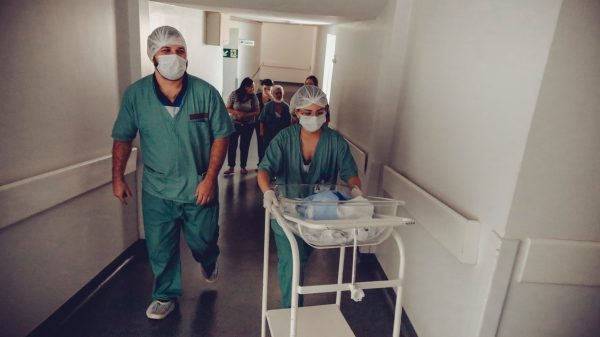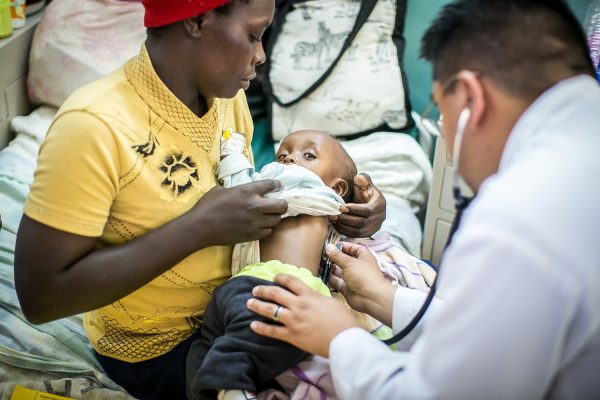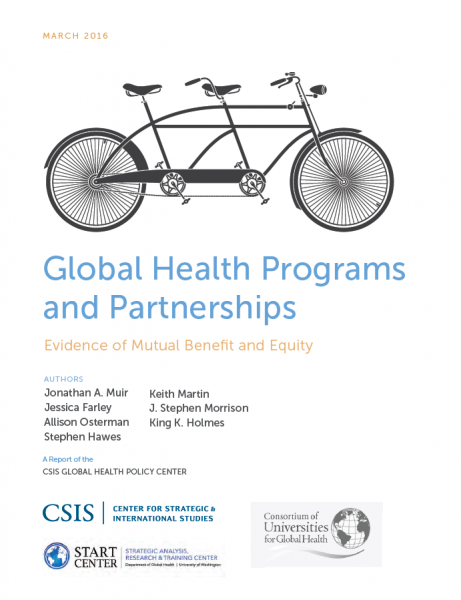
The Nutrition Program Strategy Team of the Bill & Melinda Gates Foundation (BMGF) focuses on the implementation of large-scale food fortification (LSFF) to address micronutrient deficiencies across the globe to ensure that all women and children have the nutrition they need to live healthy and productive lives. A key part of the reliability and sustainability of a system is through compliance monitoring of fortified foods to the country-specific policy and regulatory standards. In summer 2023, START research assistants completed three case studies of exemplar LSFF programs in Latin America (Chile, Costa Rica, & Guatemala) that highlighted the attributes and common components of their compliance monitoring programs. To build on the initial landscape analysis, the second phase of this project aims to more deeply characterize the critical components and practices of Costa Rica and Guatemala's compliance systems. The START team responded to the BMGF’s request by conducting key informant interviews (KIIs) with leading professionals in industry, academia, government, and third-party institutions. Through these interviews, we aimed to describe industry and regulatory bodies’ current Quality Assurance (QA)/ Quality Control (QC) practices, better understand coordination and cooperation between industry, academia, government, and NGOs, and, ultimately, inform what can be done to improve food fortification compliance in the Latin American market.
Food fortification is mandatory by government regulation in Costa Rica and Guatemala. However, legal government enforcement was not found to be the primary motivation for compliance. Large industry players are capacitated and motivated to achieve fortification compliance thanks to a combination of technical support from suppliers, strong regulatory policies and standards, and standard operating procedures. Because of this, the government enforcement becomes secondary to the “intrinsic” nature of compliance from industry. Trust and reliance between government and industry was referenced as a driving enabler for the system. That said, smaller industry players lack the resources to comply with ease and consistency: while they supply less food and thus pose a lower risk to the population, they may require more assistance and monitoring rather than simply being trusted and left to their own devices. Large industry leaders prioritize collaboration with suppliers and international stakeholders to innovate on fortification practices, driven by profit motives and product improvement. Despite efforts, monitoring compliance faces limitations due to resource constraints, with reliance on slower governmental and academic testing services, prompting some industries to seek faster, comprehensive testing abroad. In response, local entities resort to hiring students for assistance. We recommend further research into how small industry players fortify and monitor, how fortificant suppliers might be key to enabling all compliance upstream in the supply chain, and how scientific studies of fortification can be enabled such that there is more data to inform fortification practices.







